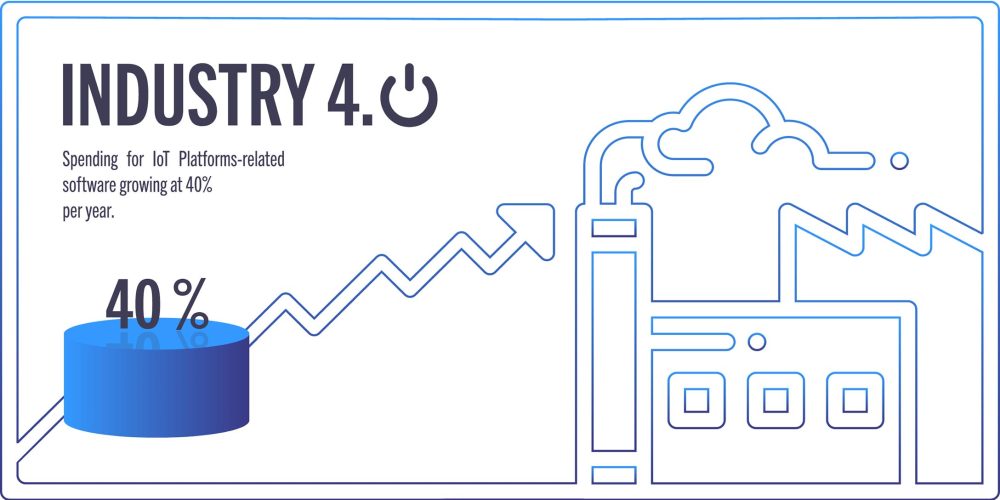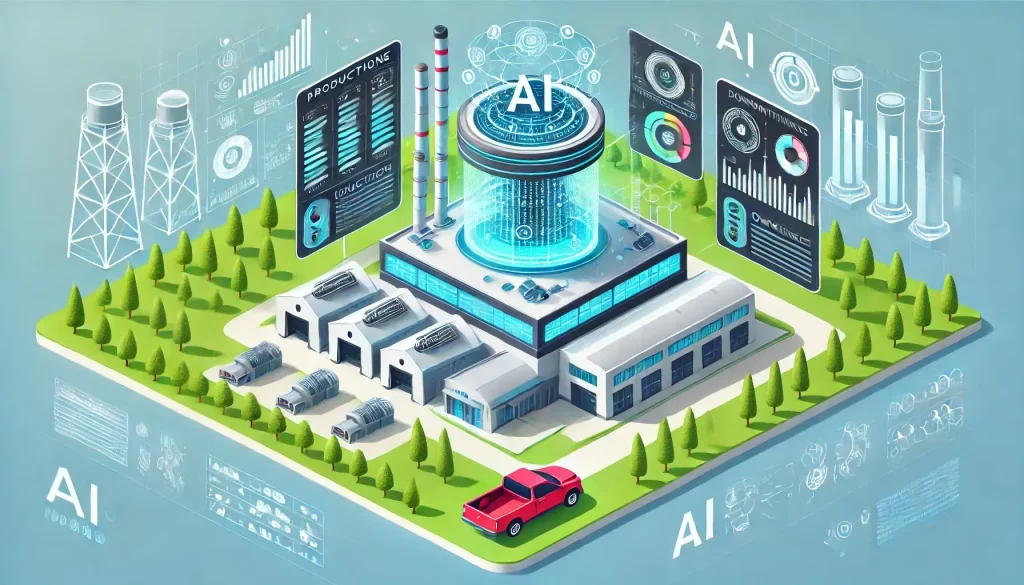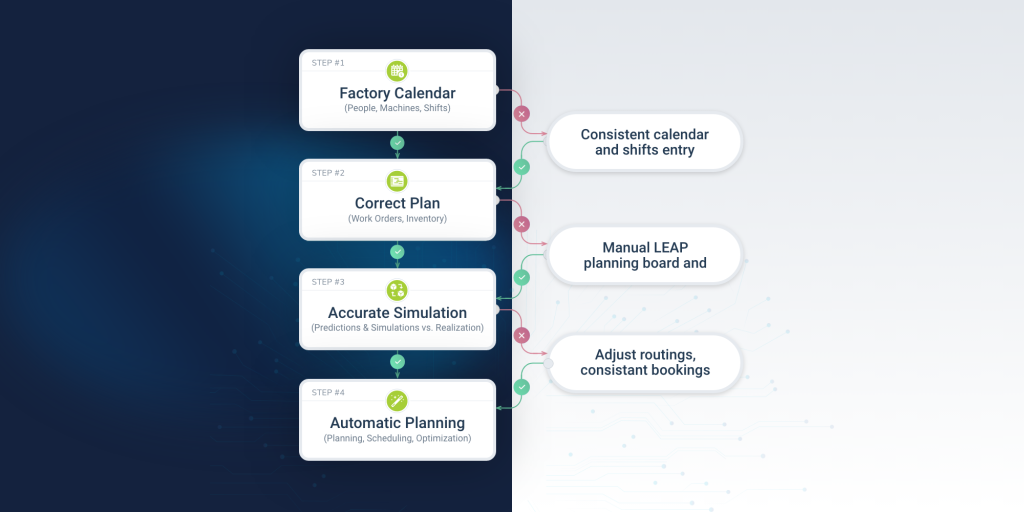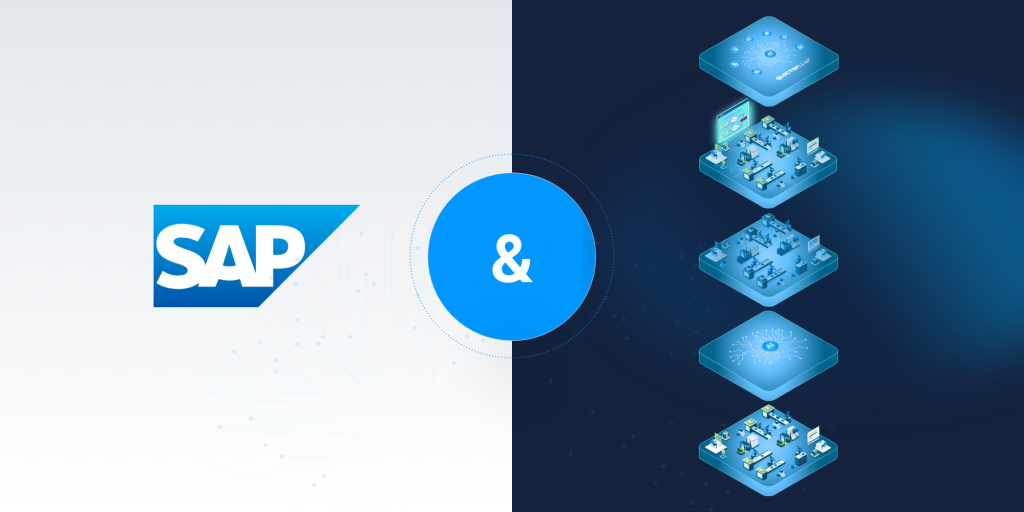QLECTOR attended the ESWC 2019 conference! This was a great chance to get up to date on best practices related to Semantic Web.
Among presentations, we got to know firsthand about ongoing developments from the companies that leverage knowledge graphs to optimize their production processes. In the following post, we highlight two talks that showcase how semantic technologies are being used in the context of Industry 4.0.
FESTO provided great insight into how they developed a Knowledge Graph ETL pipeline, capturing relevant data sources, tracking changes to ensure that the knowledge graph does not grow stale and specifying ETL transformations in a declarative manner¹. The pipeline evolved into a microservices architecture where each service deals with a specific phase. They keep track of product component changes over time, thus also providing support to manage different versions. Once the components are ingested, they are assigned an IRI (internationalized resource identifier) and attributes and relations are referenced to them based on an R2RML mapping specification executed by an R2RML engine. They rely on W3C’s R2RML to ensure all related information is contained in the R2RML mappings and gain flexibility in the selection of tools and engines based on requirements. In cases where R2RML was not enough expressive, SWRL was used in a later step. Once the ontology schema is formed, it can be enriched using OWL reasoning to expose implicit information as well as understand compatibility relationships between components.

Overview of the Knowledge Graph ETL pipeline as per Liebig et al from FESTO.
Another use-case was presented by Siemens. They introduced us into the complexities of a recommender system developed to simplify product configuration processes with intelligent selection wizards². Such a recommender system must understand if the suggested parts are suitable to the product’s purpose, the features they provide and how well they interact with other pieces to guarantee the correct functioning of the overall system. Their recommender system achieves this by combining: (a) a knowledge graph that can structure context information about items and (b) an autoencoder that encodes latent features that arise from combining individual elements in the solution. When trained on a dataset of 50k engineering solutions from the automation domain with a pool of 6k configurable items and 500k item technical properties, it outperforms existing approaches by a large margin. The recommender system, NECTR (Neural Encoders Combined with Tensor Decompositions for Recommendations), can be trained end-to-end and executed for recommendations in real time.
We are excited about new opportunities appearing in the intersection of semantic technologies and Industry 4.0 and are thankful to those who share knowledge and best practices. If you are working in the intersection of semantic technologies, artificial intelligence, and Industry 4.0 — ping us! We are always eager to hear and learn from experienced practitioners and researchers!
References:
[1] Liebig, Thorsten, et al. “Building a Knowledge Graph for Products and Solutions in the Automation Industry.” (2019). Available here.
[2] Hildebrandt, Marcel, et al. “A Recommender System for Complex Real-World Applications with Nonlinear Dependencies and Knowledge Graph Context.” European Semantic Web Conference. Springer, Cham, 2019. Available here.











